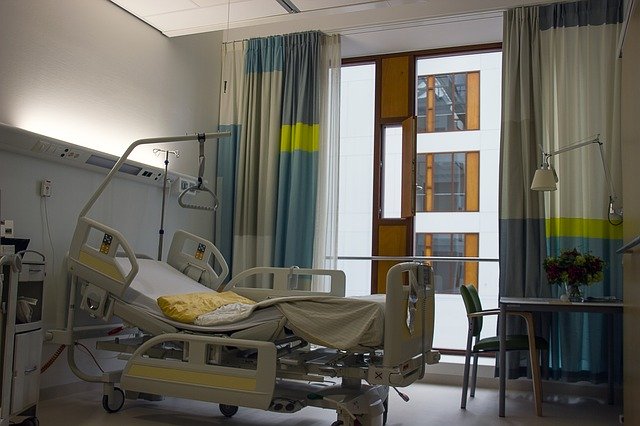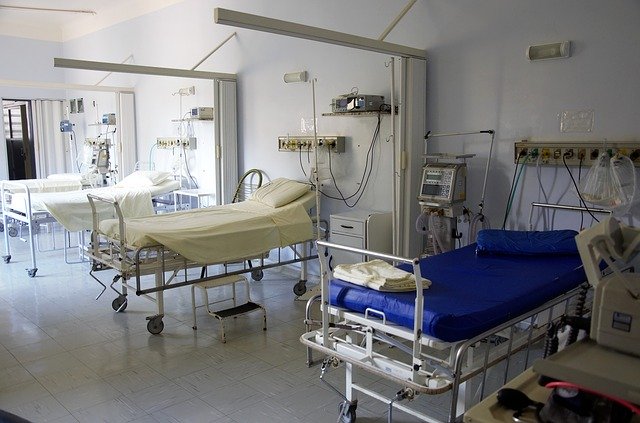Patients can be discharged from a hospital because of many different reasons, such as having been determined to be medically well enough to leave, or they may also be discharged because of being transferred to another facility. Additionally, there are some instances when patients may request to sign themselves out against doctors’ orders. No matter what the reason a patient is being discharged, they are usually given explicit medical instructions which will help them continue their medical care once they return home. Sometimes when a person is being discharged there will have to be special arrangements made, such as physical therapy appointments or possibly home health care visits.
For an elderly patient, many of the standard medical issues with discharge are raised to a much higher level of concern, since the elderly person may have no one to help them after they have returned home. It is important when an elderly person is leaving the hospital that a full assessment of what the elderly person will need once having left the hospital is made, and relayed to the family members or anyone that will help the elderly person with their continued medical care.

There are several factors to take into consideration when an elderly person is being discharged from a hospital.
Is this patient being discharged in a better medical condition than that prior to admission or will they need continued care in order to completely heal, such as a rehab facility, installation of facilities like grab rails for toilets, or regular home health care visits?
Is this elderly person going to be able to care for themselves after discharge or will they need further help either by a caregiver, a family member or perhaps they may possibly need to be transferred to some kind of nursing facilities such as a nursing home or an assisted living facility such as Chelsea Senior Living for example?
What type of appointments and continued medical care treatments will the person need to be scheduled for after discharge, such as physical therapy or possibly referrals to specialists?
Has the patient and their family or caregivers been informed of the medical instructions for after discharge from the hospital and do they completely understand all the instructions?
For an elderly patient being discharged from a hospital, proper discharge planning is very important and usually the hospital social service department can assist in helping the elderly person. The hospital social service department takes every medical instruction very seriously in order to give the elderly person their best chance for a full and speedy recovery.
Many times elderly patients have concerns about whether they are truly ready to leave the facility and in some cases the elderly person may even have fears that they will not be able to manage once they return home unless they have some help. Many of their fears will be what if they have a problem and they are alone, they may also be concerned about having a relapse of the illness.
Some helpful tips for helping an elderly person who is being discharged from the hospital are:
- Offer the elderly person help. One of the best things to do for an elderly person is to reassure them that they will have help available such as getting to their medical treatments, picking their medications up, help with errands and help with whatever else they may need.
- Help the elderly person to understand the discharge instructions, such as how to take their medications, and what to watch for when they get home. Better yet, it would greatly benefit the elderly if you hire an in home care provider to make sure that they are taking their daily medications on time.
- Assist the elderly person with any modifications that may need to be made to their homes such as they may need a hospital bed, medical supplies, or equipment. Besides that, you may want to look into some other adaptations as well. For example, to make it easier for them to visit the bathroom, you could have easy access showers installed that can reduce their dependency as well as frustration with such tasks. In some cases, elderly patients are instructed to do at home breathing treatments or have oxygen therapy and in many cases, the elderly person may require help and assistance with the treatments.

- Offer support and caring, many times elderly patients who are discharged from a hospital mainly just need support from someone that they are improving and encouragement to do certain medical instructions such as orders to ambulate more.
- As for people who may not have enough space to do special arrangements for elders, they can opt for an assisted living facility or alternatives like ADU (Accessory Dwelling Unit). ADU is an additional unit that you can add to your existing house and prepare the space for the recently discharged person by including all the necessary medical equipment. To get more information about ADU, you can check out various blogs similar to https://www.uniteddwelling.com/blog/alternatives-to-assisted-living. Moreover, you can also get a stay-at-home nurse to assist the patient.
When my grandmother was still alive, I can remember every time she was discharged from the hospital my mother would have to make special arrangements for whatever equipment she needed. My mother would also assist with getting my grandmother back and forth to any treatments she had to have and properly administering her medications. If it had not been for my mother’s help or other family members, my grandmother would have had many relapses due to not following the doctor’s orders properly, such as not taking her medications as instructed.
